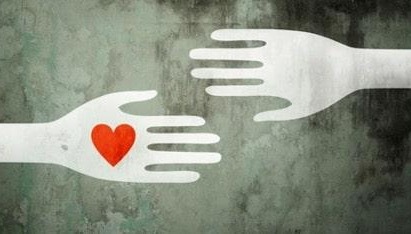
Student loans reached $1.48 trillion in America by the end of 2019, with approximately 45 million borrowers across the United States. Amidst the COVID-19 pandemic, many Americans have experienced financial instability. This means that for 45 million Americans, paying down student loan debt may be harder than ever before.
The Coronavirus Aid, Relief, and Economic Security Act, or CARES Act, was signed into law on March 27, 2020. While this stimulus package provides a wide array of assistance for families and businesses, it also made some important changes to assist federal student loan borrowers.
In response to these changes, we’ve provided the answers to a few important questions regarding student loan debt during the current pandemic.
Question #1: Are Interest & Payments Suspended on All Student Loans?
The suspension of payments applies only to student loans that are held by the federal government. However, your FFEL (Federal Family Education Loan) lender or school may suspend interest and payments voluntarily, but they are not required to do so.
In regard to your federal student loans, your servicer will suspend all interest and payments through September 30, 2020.
The benefits authorized by the CARES Act do not apply to private student loans that are owned by banks, credit unions, schools, or other private entities. If you are trying to suspend payments to these institutions, you will need to contact them and find out what your options are.
Question #2: Should I Apply to Suspend My Payments or Interest?
Until September 30, 2020, there will be no interest accrued or payments due for federal student loans. No action is required on your part, as these payments will be stopped automatically.
Question #3: What Should I Do if I’m Behind on Payments?
On March 25, 2020, the Department of Education announced that it would not be withholding federal tax refunds, Social Security payments or garnishing wages from those who have defaulted on their federal student loan payments. Additionally, private collection agencies contracted by the government will put a pause on attempting to contact defaulted borrowers.
Any defaulted federal student loan will not collect interest until September 30, 2020.
As you navigate a “new normal” through the COVID-19 pandemic, it’s likely you’re experiencing a certain level of financial stress. Continuing to make regular payments to your federal student loans can be beneficial in the long-run, but it’s important to know your options have changed. If you’re unsure whether to stop payments or not, get in touch with your financial advisor first. Together, you can make a game plan moving forward.
ABOUT ERIC
Erickson Braund is the Founder and Chief Financial Officer at Black Walnut Wealth Management. He is a CERTIFIED FINANCIAL PLANNER® professional and a Chartered Retirement Planning Counselor℠. Eric brings over 20 years of experience working with high net-worth individuals and families, helping them achieve their goals of protecting and growing their wealth for retirement and for generations to come. Because Eric is a CFP® professional, he adheres to high ethical standards and engages in at least 30 hours of approved continuing education in the financial industry each year.


